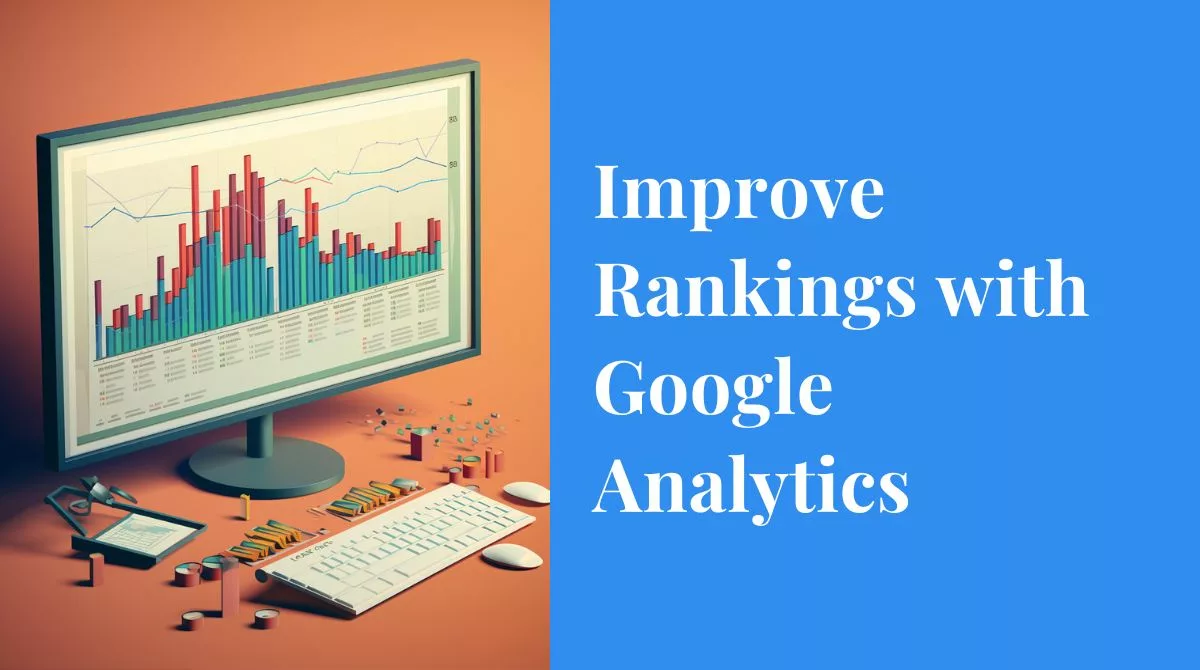If you’re not using Google Analytics to make sense of your web traffic, you’re missing out. Google Analytics is a free traffic analytics platform that allows you to learn all kinds of previously unavailable information about your audience, and all you have to do to start is copy and paste a section of code into your site. To find out which keywords should be optimized for your site, you can likely find what you need to know for free.
Where From?
Depending on what kind of content you’ve got online, your web traffic could be coming from all over. If you find out that you’ve got an enormous following in, say, California, you should be using this to your advantage with regards to content creation, marketing, and promotion. For example, if you create blog posts or social media updates, you’d want to be sure to post during peak traffic hours for Pacific Standard Time.
Mobile Statistics
The ability to tell whether users are navigating on a PC or a mobile device is especially helpful if your site isn’t yet mobile optimized. While you should really have a stellar mobile optimization either way, you can find out how high of a priority your mobile-view should be by comparing the platforms people use to navigate to your site. (Interested in mobile optimizing your site? Get in touch.)
Top Posts
If you’ve got a blog, Google Analytics offers you the opportunity to find out about the popularity of each of your posts, making it easy to figure out which ones receive the most traffic. You can then filter out less successful topics and design a plan to optimize future content and create more high-traffic posts. Given that this can increase user-engagement on your site while simultaneously improving your SEO, it’s probably one of the most valuable tactics on this list.
Friendly Traffic Sources
Knowing which sites are sending you the most traffic is especially helpful if you’re paying for advertising, but it’s also important if you do your own social media marketing. Find out which networks you’d like to receive more engagement from, or alternatively, decide to give the most focus to the network that drives the most traffic to your site.
Keyword Research
The “Organic Search” info page in Google Analytics provides you with a list of keywords displayed in the order of how many site visits they lead to. This lets you know which keywords are leading to the most traffic, and which ones are under-performing in organic search results. It also gives you the average visit duration for each keyword, which can clue you into which search terms are probably leading to the most sales. It’s likely, too, that your site is showing up for keywords that you wouldn’t have considered optimizing for, so you can base more content around these topics and possibly discover a niche or two that you never knew about.





